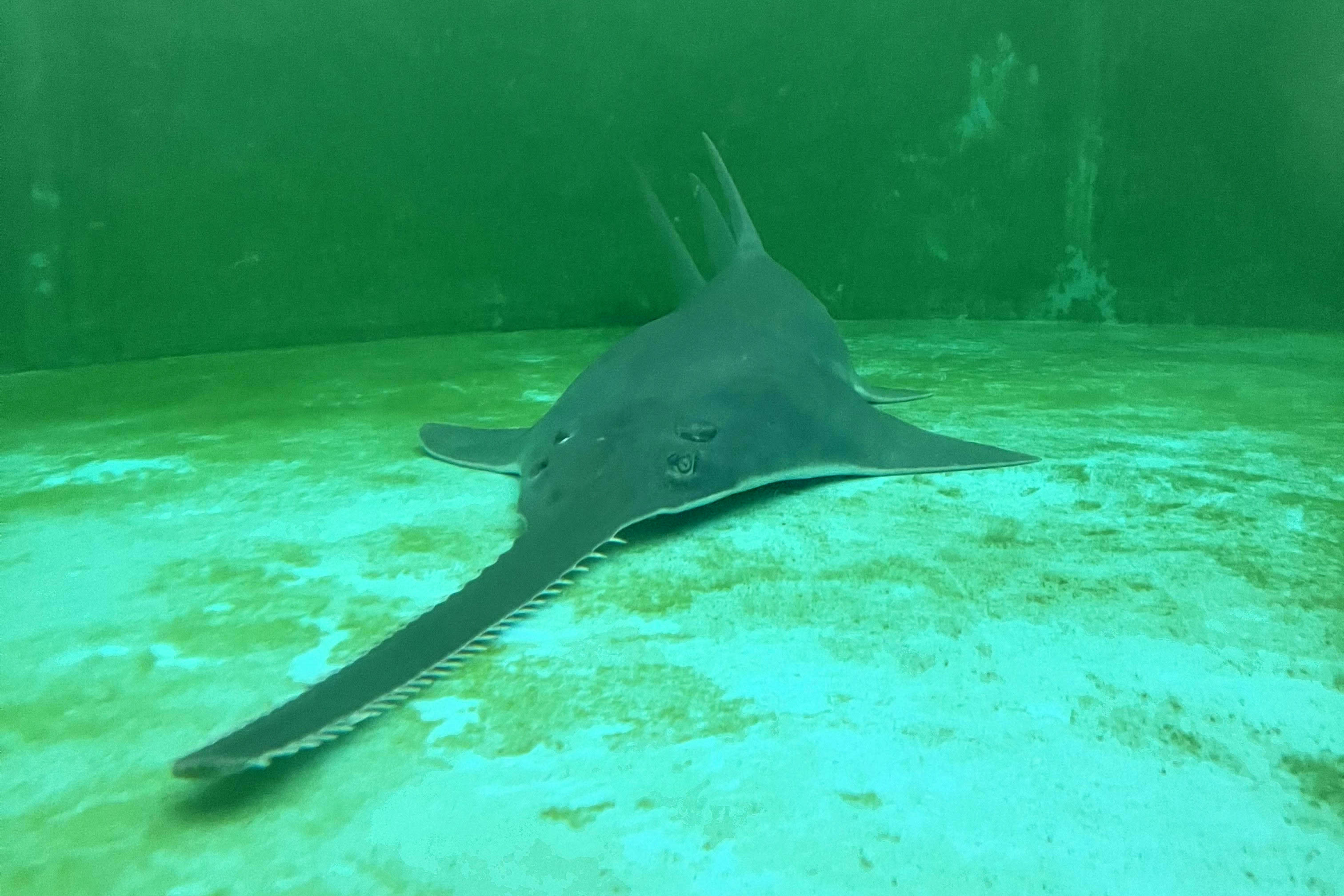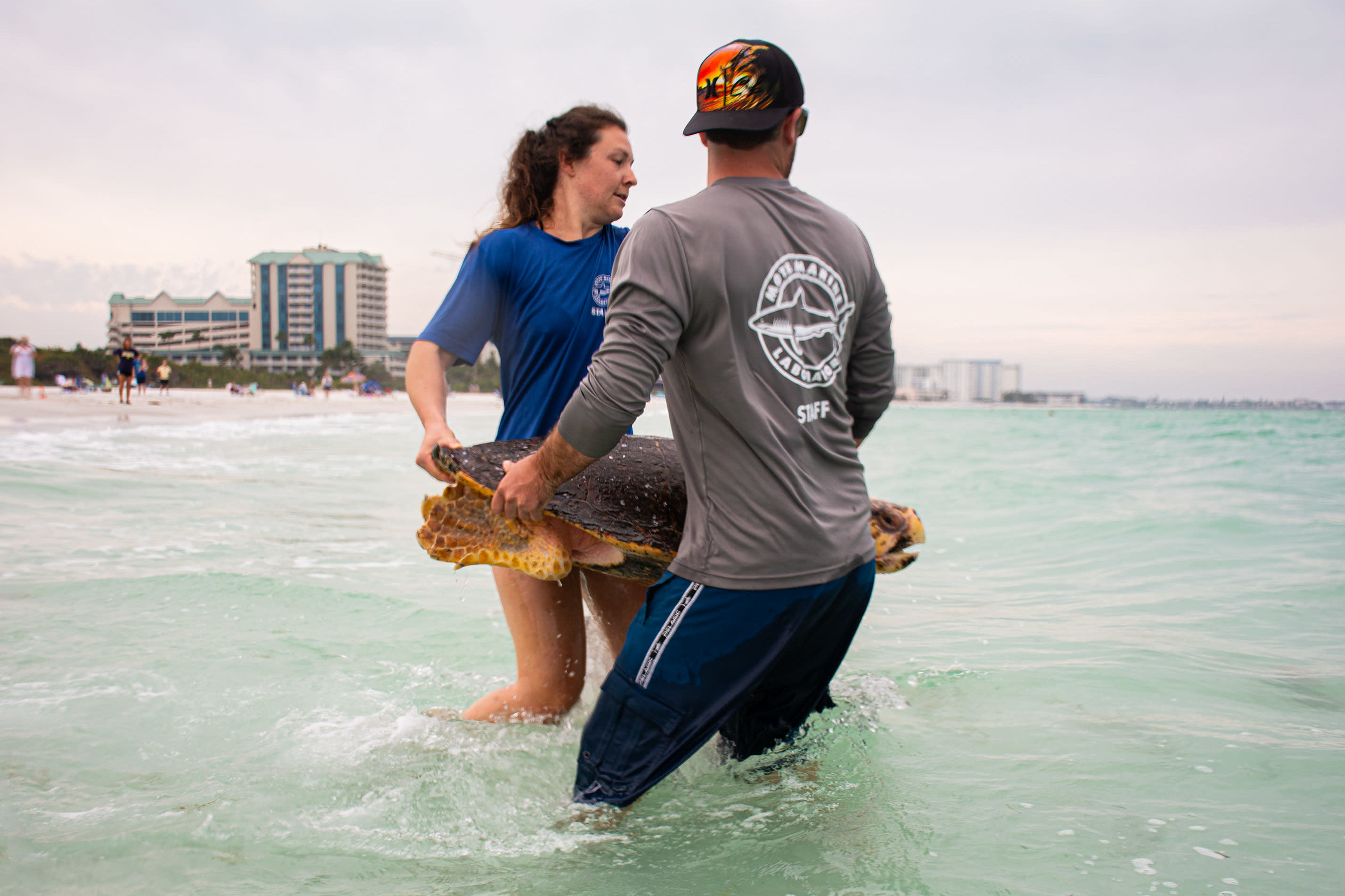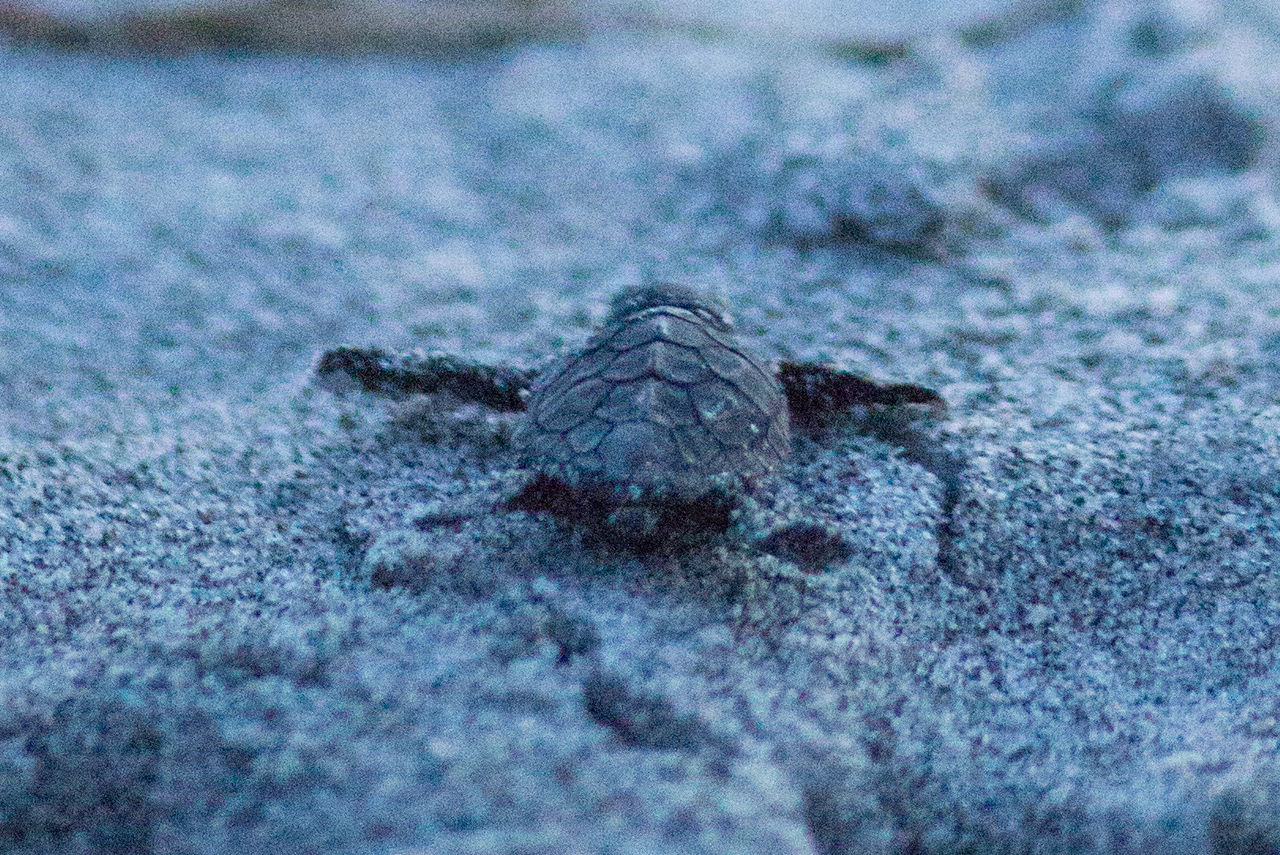Mote's Shark Days: Get to Know Our Ocean's Misunderstood Predators
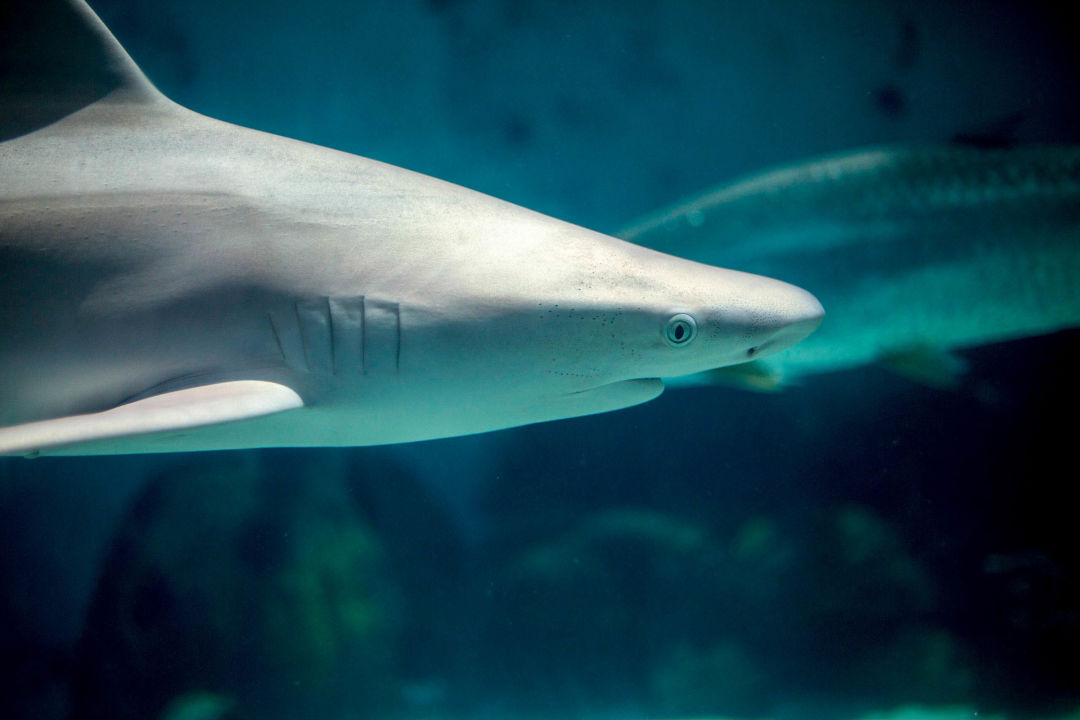
Sharks help maintain a healthy marine ecosystem.
Their mouths contain razor-sharp teeth. Their bodies hurtle through the water like torpedoes. They ruthlessly comb the oceans for prey. But despite their scary reputation, sharks are much more than cold-blooded killing machines. Shark Days at Mote, a weeklong exploration at Mote Marine Laboratory and Aquarium of all things sharks, seeks to educate the public about the importance of these fish.
Sharks have become popular in recent years, thanks in large part to nature programming like Discovery Channel’s Shark Week. Shark Days at Mote aims to go beyond the popular TV show.
“Discovery Channel will have programming that’s very sensationalistic,” says Dr. Robert Hueter, director of the Center for Shark Research at Mote. “We’re emphasizing actual facts about sharks and the positive aspects as important parts of the marine ecosystem.”
Sharks are crucial for a healthy ocean. As apex predators, they prevent overpopulation of species below them in the food chain. If there’s no sharks, all of a sudden there are too many seals. If there are too many seals, there’s no more rockfish at your favorite seafood restaurant. Because they eat the slower and weaker fish, sharks also keep fish populations healthy.
Today at 6 p.m., Mote will host Sharks, Tales and Ales Science Café: The Teeth Beneath. The event allows participants to discuss crocodiles, sharks and dolphins with Mote experts while sipping wine and munching on appetizers. Friday features a discussion with Dr. Robert Nowicki via SeaTreck.tv about his research in Shark Bay, Australia. Shark Days culminates on Saturday with the Fins and Fun Family Festival where children (or adults) can meet Mote’s shark mascot Gilly and learn from Mote’s education department.
And while Discovery Channel’s Shark Week might aim for drama and ratings, the program still educates viewers about sharks. Hueter starred alongside Mote senior biologist Jack Morris in a 2015 Shark Week episode about marine research in Cuban waters. Mote screened the episode Tuesday evening and hosted a Q&A with Hueter and Morris. Hueter is tagging great white sharks off the Virginia coast this week, so he answered questions through a live video stream while aboard the 130-foot research ship OCEARCH.
The episode documented how American and Cuban scientists have studied sharks together since U.S.-Cuba relations have thawed. This was the first time researchers from the two countries had teamed up to explore the relatively undeveloped Cuban coastline. Highlights included a dive into the undamaged Gardens of the Queen coral reef and a look at Cuban diver Noel Lopez Fernandez. He grabs sharks by the tail (yes, his hands are covered with scars), allowing researchers to tag the fish. The episode ended with the tagging of a rare longfin mako, only the second time researchers have satellite tagged this type of shark. Hueter and Morris tagged the first one in April 2012.
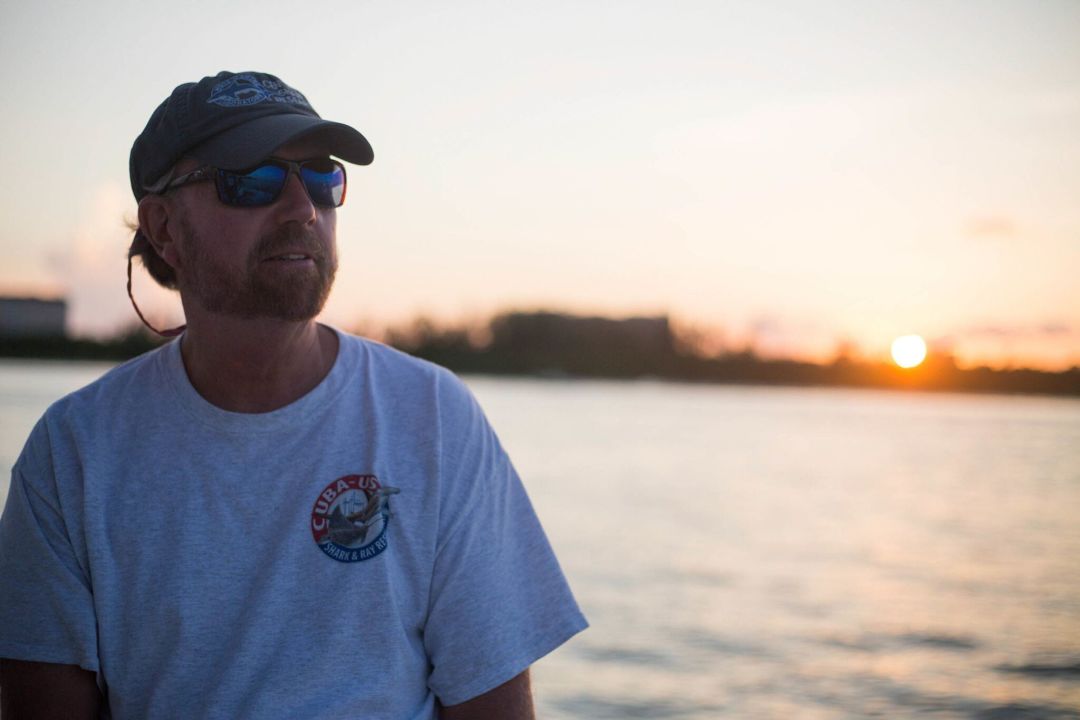
Dr. Robert Hueter has researched sharks for over 40 years.
Hueter and Morris hope Shark Days will continue dispelling myths about sharks and convince people that sharks are worth conservation.
“We still see people killing sharks for sport. We need more advocates out there to say, ‘This is wrong.’ People are up in arms when people go hunting in Africa. They’re angry that you killed this big, majestic lion for sport. You’re not eating that lion. The same thing is happening with these sharks. They’re not eating these sharks," says Morris.
But attitudes are beginning to change, the scientists say.
“For the first 25 years of my career, in talking to people I had to make this case that sharks were worthy of conservation,” Hueter says. “Now we find that people are in love with sharks in a major way, and they realize their importance.”
Upcoming events:
Sharks, Tales and Ales Science Cafe, Thursday, June 29, 6-7:30 p.m.
SeaTrek Livestream with Dr. Robert Nowicki, Friday, June 30, 1-2 p.m.
Fins and Fun Family Festival, Saturday, July 1, 10 a.m.-1 p.m.
